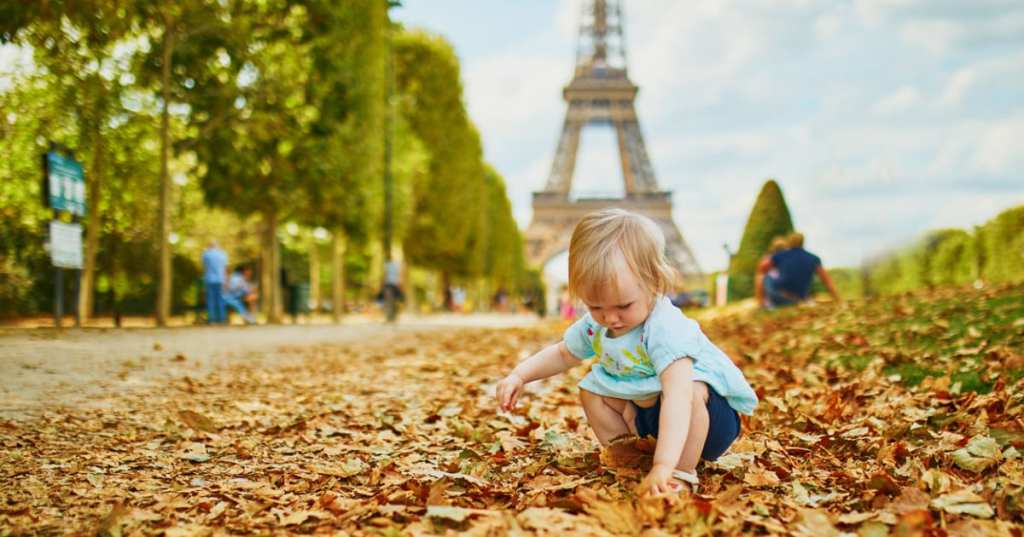It’s impossible, of course, to apply the words “always” and “never” to things like childrearing (and human beings in general), but you’ve probably heard the stereotype of well-behaved French children.
It turns out that, according to parenting experts and child psychologists, it’s generally true – and here are 8 reasons French kids tend to toe the line.
8. Manners are expected.

Image Credit: iStock
Pamela Druckerman, an American mother who raised children in France and wrote a book about the experience, discusses the difference when it comes to manners and expectations.
“In the United States, a 4-year-old American kid isn’t obliged to greet me when he walks into my house. He gets to skulk in under the umbrella of his parents’ greeting. And in an American context, that’s supposed to be fine with me. I don’t need the child’s acknowledgment because I don’t quite count him as a full person he’s in a separate kids’ realm. Part of what the French obsession with greeting others reveals is that, in France, kids don’t get to have this shadowy presence, The child greets, therefore he is. Just as any adult who walks into my house has to acknowledge me, any child who walks in much acknowledge me, too.”
It’s not always easy, but from the time they can speak, French children do know that it’s expected.
7. They do tough things themselves.
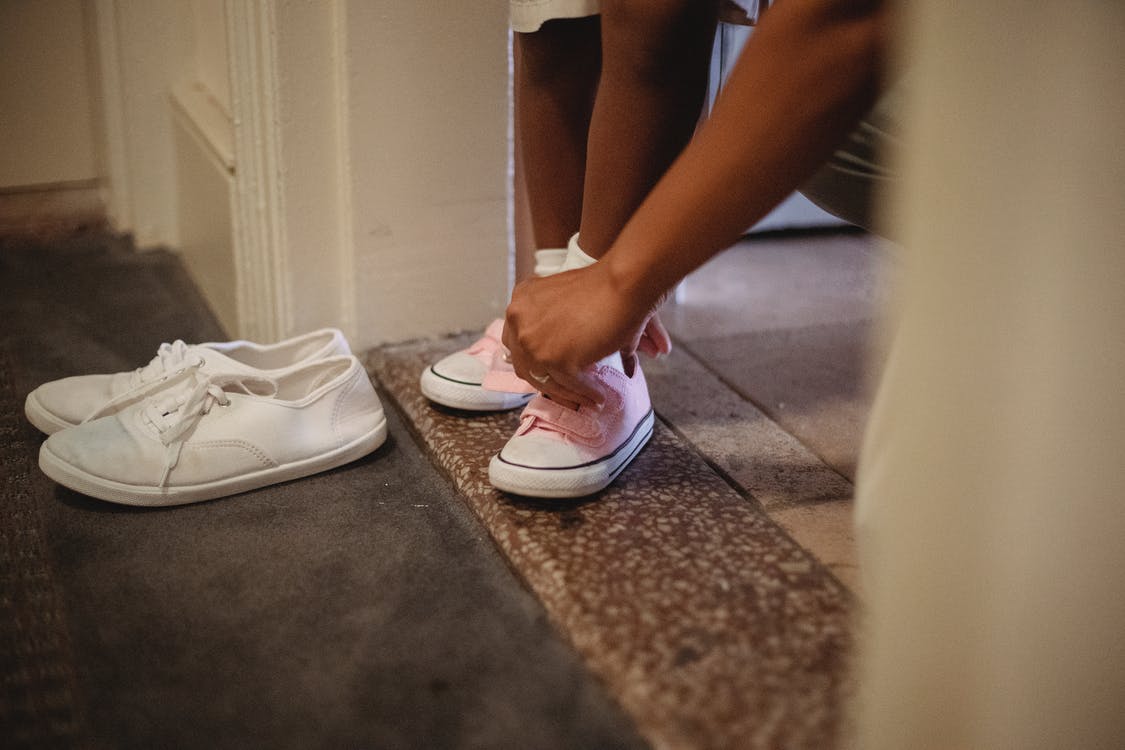
Image Credit: Pexels
Toddlers always want to do everything themselves, and even though we know it’s important for them to learn how to do things, it’s often easier to jump in and do it for them – especially when we’re running late.
French parents squash that temptation, says Druckerman, and the kids benefit.
“The French believe that kids feel confident when they’re able to do things for themselves, and do those things well. The de’clic is an aha moment when a child figures out how to do something important on his own…It’s a welcome sign of maturity and autonomy.”
It teaches grit, which is a personality trait that psychologists associate with future success in life.
6. They have independent mothers.
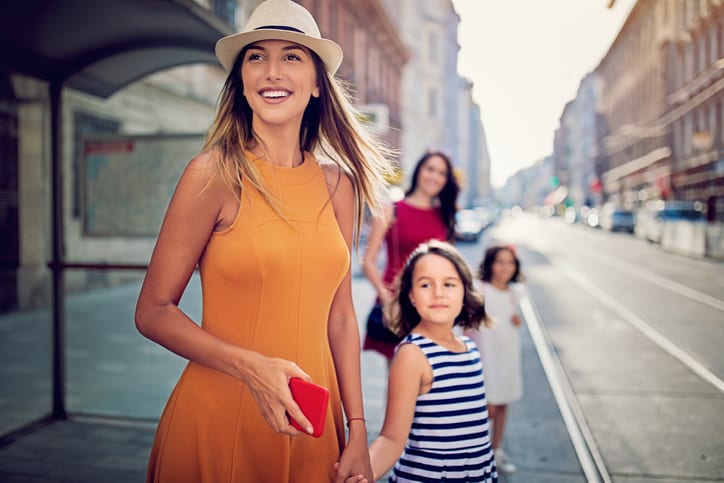
Image Credit: iStock
French mothers continue to be independent, autonomous, and fashionable even after having kids – none of this yoga pants and messy bun nonsense we favor in the States, Druckerman notes.
“If you act and dress as if you have a fascinating inner life, you may soon find that you actually do – and that you feel more balanced as a result.”
Basically, they ascribe to the idea that if you shower and wear clothes that aren’t stained (at the moment, anyway), you’ll feel a bit more like yourself.
5. They have to earn praise.

Image Credit: iStock
While Americans tend to favor the “everyone gets a trophy” style of parenting, French parents aren’t afraid of tears or hurting little feelings when it comes to teaching big lessons.
“After children learned to talk, French adults don’t praise them for saying just anything. French parenting is about praising kids for saying interesting things, and for speaking well.”
When children know they have to earn your praise, they will feel pride and accomplishment when they do.
4. They understand “no.”
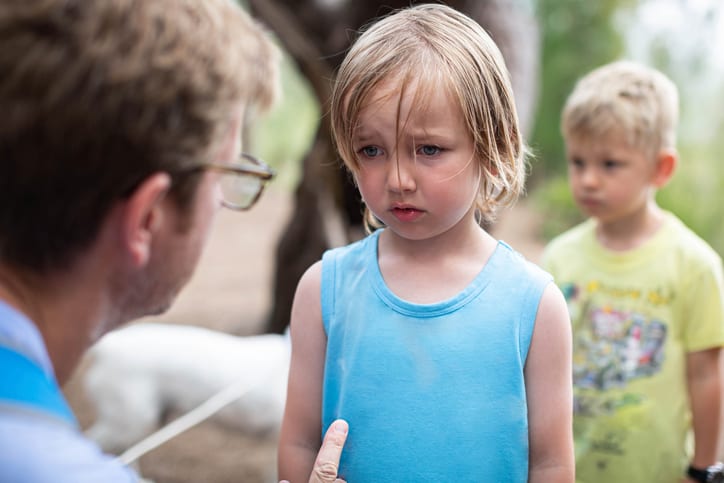
Image Credit: iStock
French parenting is about the belief that no means no, and there will be no debate – or giving into any whining that follows.
Philosopher Jean-Jacques Rousseau spoke on the matter.
“Give willingly, refuse unwillingly. But let your refusal be irrevocable. Let no entreaties move you, let your ‘no,’ once uttered, be a wall of brass, against which the child may exhaust his strength some five or six times, but in the end he will try no more to overthrow it. Thus you will make him patient, equable, calm, and resigned, even when he does not get all he wants.”
Easier said than done, but probably worth it in the end.
3. They have healthy diets.
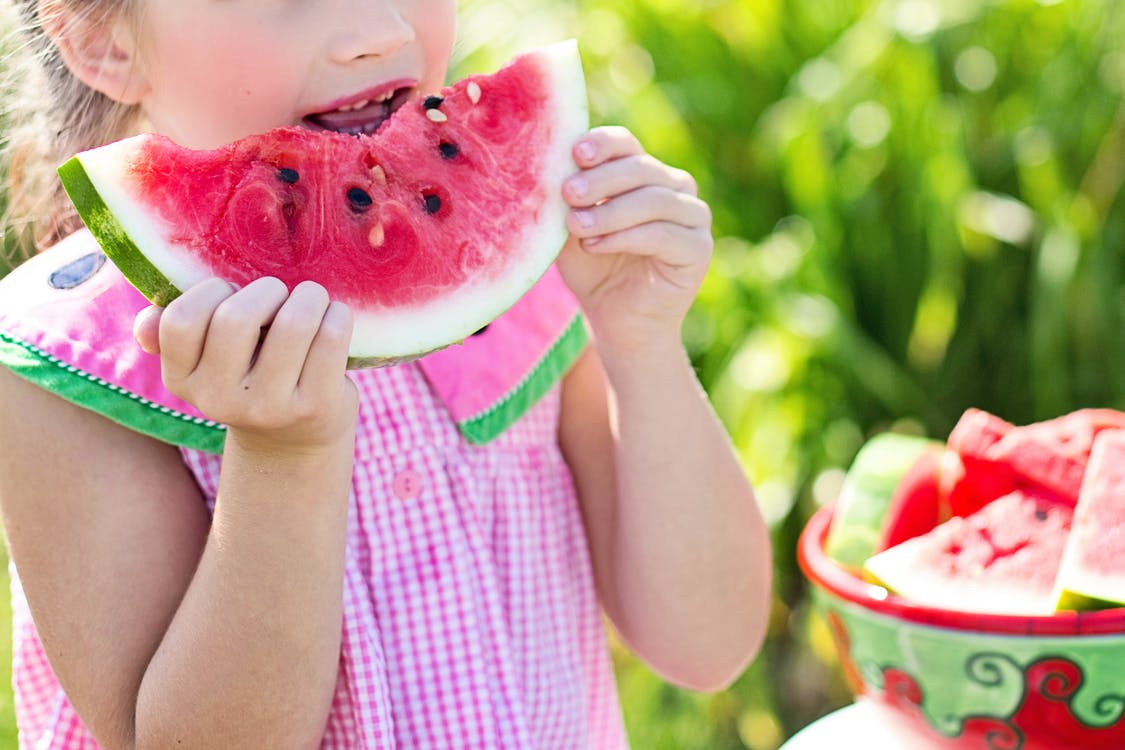
Image Credit: Pexels
French children tend to not be picky eaters, with toddlers happily sucking down beets, snails, spinach, and a host of other foods that would have American kids cowering in the corner.
French parents insist children eat the same meals as the adults, no exceptions are made, and yes, kids really will eat when they’re hungry.
2. They don’t fear the world.

Image Credit: iStock
Druckerman has witnessed how French parents seem to beat the anxiety-driven tendencies of their American counterparts, and strives to understand how.
“French parents are very concerned about their kids. They know about pedophiles, allergies, and choking hazards. They take reasonable precautions. But they aren’t panicked about their children’s well-being. This calmer outlook makes them better at both establishing boundaries and giving their kids some autonomy.”
Parenting is probably the most anxiety-provoking job on the planet. Not only are you entrusted with the physical and mental safety of a precariously fragile being, but you’re also responsible for their entire future. Or… maybe not. Maybe this hyper-anxious style of parenting is just making for exhausted parents and anxious kids.
Do you best and let the rest go.
1. They’re allowed to suffer sometimes.
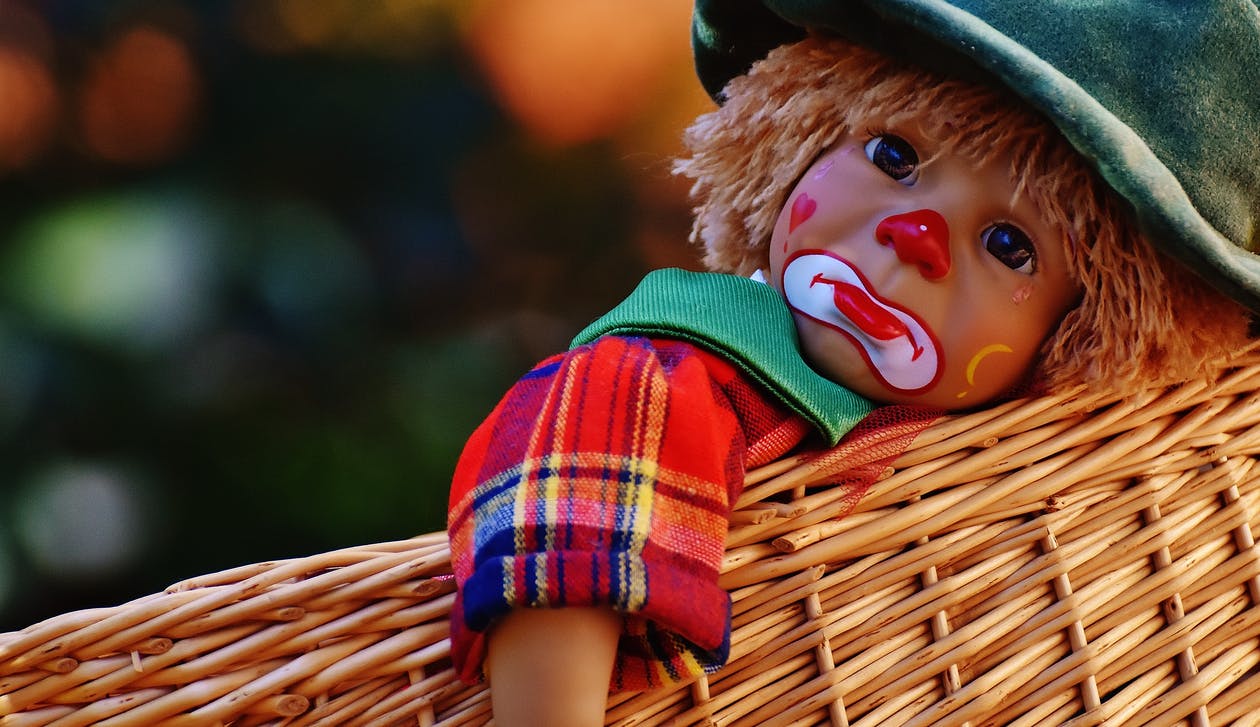
Image Credit: Pexels
It’s terrible to watch your child suffer, but those tough moments are some of the best learning experiences in the world – and better they experience them while you’re there, ready to steady them when they wobble.
“You don’t say, ‘I’m sorry.’ Getting injections and experiencing pain is part of life. There’s no reason to apologize for that. If you spare them every kind of discomfort, you are preparing great miseries for them.”
I’m going to try some of these with my kids.
I mean, we’re not fancy, but we could do with a little more discipline – who couldn’t?
